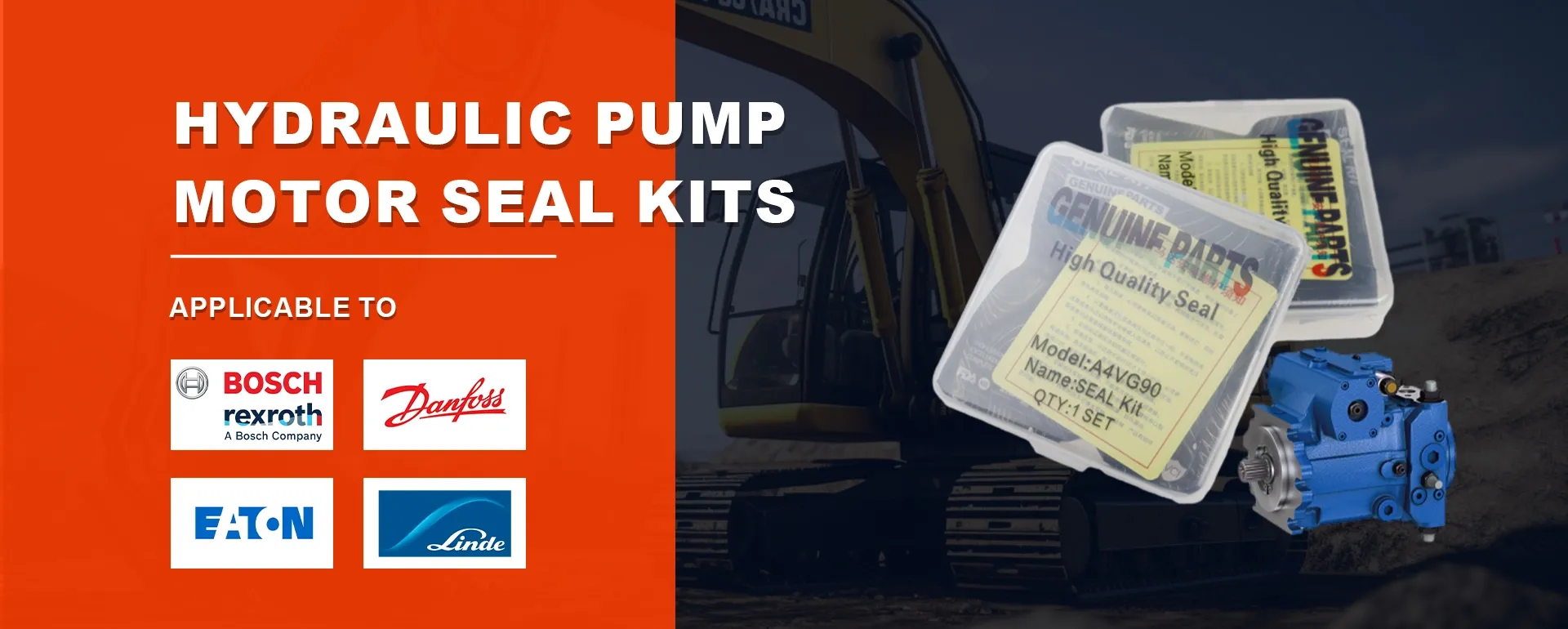Oct . 05, 2024 20:34 Back to list
oil seal factory
Understanding Oil Seal Factories A Look into Their Importance and Functionality
In today's industrial landscape, the demand for reliable and efficient components is escalating, and among these, oil seals play a crucial role. Oil seals, also known as oil retention seals or simply seals, are vital in preventing the leakage of lubricants and other fluids in mechanical equipment. They are utilized in various applications, including automotive, aerospace, and manufacturing industries. Consequently, the oil seal factory is a critical hub for the production of these components, ensuring that they meet standard specifications and industry demands.
What are Oil Seals?
Oil seals are mechanical devices that close an opening between stationary and moving components. They serve as protective barriers, effectively keeping lubricating oils from leaking out while preventing contaminants such as dirt and dust from entering the equipment. Typically made from rubber or synthetic elastomers, oil seals are designed to withstand various environmental conditions, including changes in temperature, pressure, and exposure to chemicals.
The Manufacturing Process of Oil Seals
The production of oil seals involves several key steps, starting from the design phase to the final quality checks.
1. Material Selection The first step in oil seal manufacturing is the selection of suitable raw materials. Common materials used include nitrile rubber (NBR), fluorocarbon rubber (FKM), and silicone. Each material possesses unique properties that make it suitable for specific applications—NBR is known for its excellent resistance to oils, while FKM offers superior heat resistance.
2. Molding After material selection, the rubber is processed using molding techniques. The most common method is compression molding, where the rubber is placed into a mold cavity and heated to form the shape of the seal. This step is critical as it determines the seal's dimensions, which must adhere strictly to design specifications.
oil seal factory

3. Curing Once molded, the seals undergo a curing process, also known as vulcanization. This chemical process strengthens the rubber, enhancing its durability and ensuring it retains its shape and flexibility over time. The curing process can vary in duration and temperature depending on the material being used.
4. Finishing After curing, oil seals may undergo additional finishing processes such as machining, which ensures that surfaces are smooth and dimensions are accurate. This stage may also involve the application of specific surface treatments to improve performance characteristics.
5. Quality Control Quality assurance is an integral part of producing oil seals. Manufacturers conduct rigorous testing to ensure that each seal meets performance standards. Tests may include pressure testing, temperature resistance assessments, and measurements of physical properties.
Importance of Oil Seal Factories
Oil seal factories not only provide essential components for the sustainable operation of machinery but also contribute to the advancement of technology in various fields. The precision and reliability of oil seals are crucial for
- Operational Efficiency High-quality oil seals reduce the risk of fluid loss, thereby enhancing the overall efficiency of machinery and prolonging operational life. - Safety and Environmental Protection By preventing leaks, oil seals play a significant role in reducing the risk of environmental contamination, ensuring compliance with safety regulations. - Cost Savings Well-manufactured oil seals minimize maintenance needs and downtime, leading to significant cost savings for businesses in the long run.
Conclusion
In conclusion, oil seal factories are integral to numerous industries, providing essential products that maintain the reliability of mechanical operations. The sophisticated manufacturing process plays a critical role in ensuring that oil seals meet the necessary performance standards, which ultimately translates to greater operational efficiency, safety, and cost-effectiveness. As technology continues to evolve, so will the manufacturing processes and materials used in oil seal production, leading to even more advanced products that meet the ever-increasing demands of the modern industrial world. As we look to the future, the role of oil seal factories will remain pivotal, driving innovation and supporting the backbone of machinery and equipment across various sectors.
-
TCN Oil Seal Metal Ring Reinforcement for Heavy Machinery
NewsJul.25,2025
-
Rotary Lip Seal Spring-Loaded Design for High-Speed Applications
NewsJul.25,2025
-
Hydraulic Cylinder Seals Polyurethane Material for High-Impact Jobs
NewsJul.25,2025
-
High Pressure Oil Seal Polyurethane Coating Wear Resistance
NewsJul.25,2025
-
Dust Proof Seal Double Lip Design for Construction Equipment
NewsJul.25,2025
-
Hub Seal Polyurethane Wear Resistance in Agricultural Vehicles
NewsJul.25,2025
-
The Trans-formative Journey of Wheel Hub Oil Seals
NewsJun.06,2025
Products categories
















